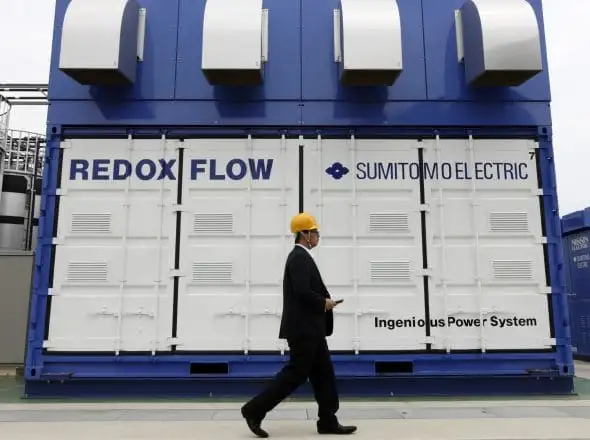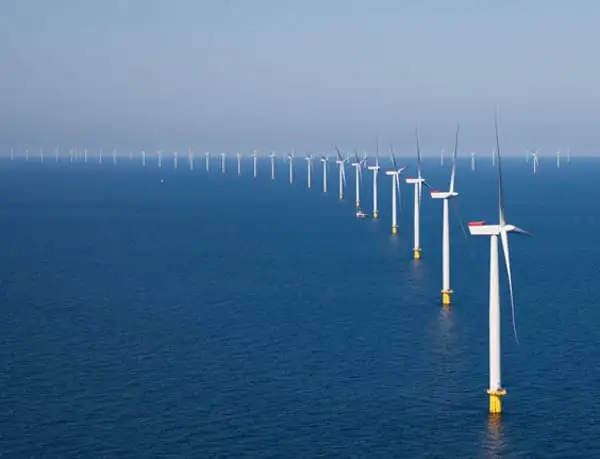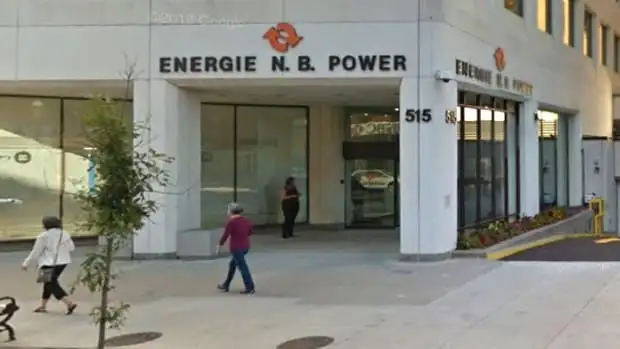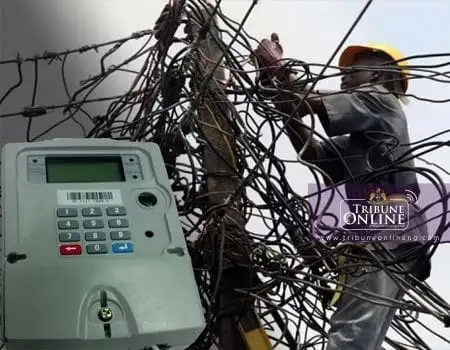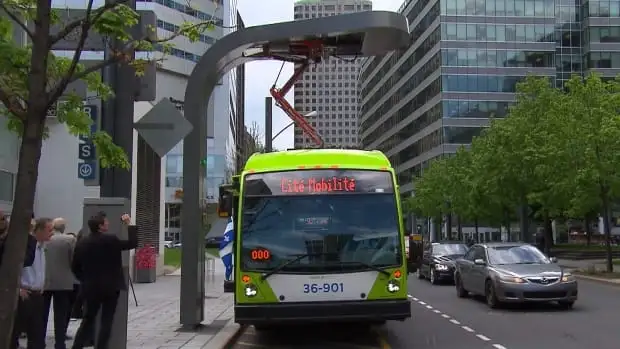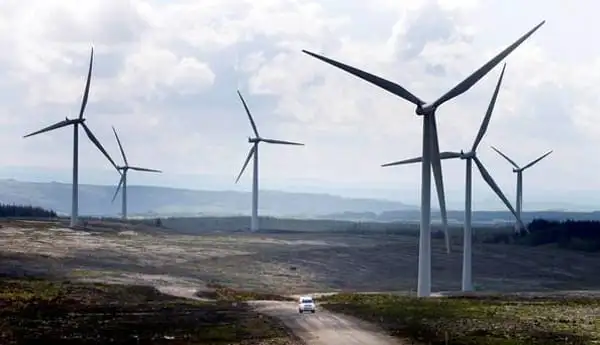NYCEEC Brings the Battery to Brooklyn, Financing Energy Storage for a Low-Income Housing Microgrid
High Voltage Maintenance Training Online
Our customized live online or in‑person group training can be delivered to your staff at your location.

- Live Online
- 12 hours Instructor-led
- Group Training Available
NYC Low-Income Housing Battery Microgrid pairs energy storage, lithium-ion batteries, solar and fuel cells with demand response and peak shaving, helping Con Edison reduce Brooklyn load, boost reliability, and provide resilient backup power.
Key Points
A DER at Marcus Garvey uses storage, solar, and fuel cells to cut peaks and costs and improve reliability.
✅ NYCEEC 10-year financing backs Demand Energy's Brooklyn system
✅ Lithium-ion storage with solar, fuel cells, and DEN.OS optimization
✅ Cuts peak demand, reduces costs, and boosts grid reliability
The New York City Energy Efficiency Corporation has made a 10-year project loan of more than $1 million to the energy storage company Demand Energy, bringing large-scale battery energy storage technology to a privately owned low-income housing development in Brooklyn, NY. Demand Energy’s lithium-ion battery system will be used to store power generated onsite by the Marcus Garvey housing complex’s solar panels and fuel cell systems—or lower-cost off-peak Con Edison power—dramatically reducing power demand when electricity is at its highest cost. It will be the first battery storage microgrid installation at a low-income property in greater New York.
The 625-unit Marcus Garvey Apartments, located in the Brownsville section of Brooklyn, is owned by L+M Development Partners, a large owner/developer of low-income housing. L+M has already installed 400 kW of solar and committed to adding 400 kW of fuel-cell generating capacity as part of a major property renovation. The energy storage and distributed energy resources will be integrated into a microgrid managed by Demand Energy’s DEN.OSÔ software platform, reflecting a virtual power plant approach that will optimize the value of L+M’s energy generation investments. The system will cut power expenses, help keep the grid reliable and provide off-grid backup power for emergencies.
“Managing on-site generation and extracting value from the demand response market have made energy storage a smart, cost-effective choice,” said Brian Asparro, chief commercial officer for Demand Energy. “This software-controlled microgrid is exactly what building owners and Con Edison are looking to implement. NYCEEC’s innovative approach—non-recourse debt financing—made it possible.”
“Energy storage closes the loop with energy efficiency and clean, localized generation, and helps encourage their adoption,” said Posie Constable, NYCEEC’s head of business development. “That’s why NYCEEC has designed a loan product to encourage energy storage projects.”
The installation will more than pay for itself through incentives from Con Edison’s Brooklyn Queens Neighborhood Program (formerly BQDM) initiative, and from ongoing revenue generated through participation in demand response and peak shaving power programs. To avoid building new capacity at a cost of more than $1 billion, Con Edison is offering major incentives to reduce electricity demand in the fast-growing Brooklyn-Queens area, while jurisdictions like Ontario are turning to battery storage to meet rising demand as well.
Con Edison’s efforts in New York City are in line with the state’s Reforming the Energy Vision (REV) Initiative, which is aimed at creating a cleaner, more affordable, modern and efficient energy system that seamlessly includes distributed energy resources like rooftop solar, combined heat and power, energy efficiency, and long-duration energy storage solutions.





